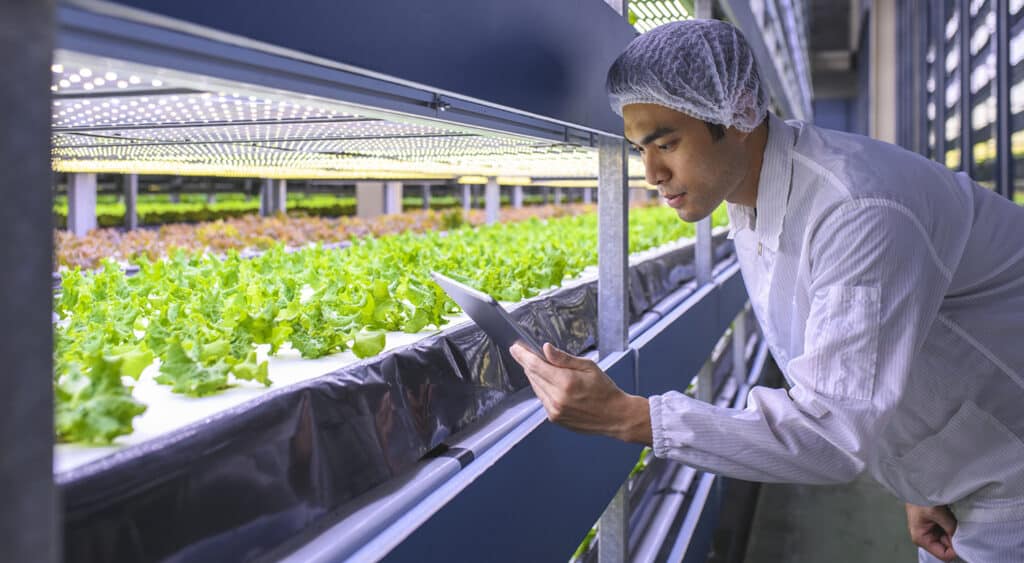Top Scientific Skills and Certifications

According to experts in labor market trends, the career outlook for scientific professionals is promising. The average unemployment rate for scientific professionals is 2.4 percent — that’s 0.5 percent lower than last year and 1.3 percent lower than the national average for all occupations. Moreover, there’s almost three times more demand for scientific professionals than for all other occupations, and for every scientific candidate, there are 2.5 open jobs.
Job trends
Of all scientific professions, natural science managers have the highest annual earnings, with an average salary of $133,661 annually. Physicists earn on average $123,074 per year, and geoscientists — except hydrologists and geographers — have an average annual salary of $105,830. Biochemists and biophysicists earn on average $105,414 on a yearly basis.
So which positions are most in demand?
Laboratory technicians top the list with 31,607 job openings. In addition, there are currently 12,024 job openings for chemists, 9,142 job openings for research and data analysts, 8,580 job openings for life scientists and biotechnologists, and 7,924 job openings for clinical research associates.
Knowing this, it’s unsurprising that molecular biology is among the top skills employers seek. Other highly sought-after skills include quality assurance, quality control, and immunology.
Interestingly, since the introduction of the 2011 FDA Food Safety Modernization Act, which focuses on preventing foodborne illnesses, there have been many opportunities in the food industry. Specializations that are in high demand include food science, as well as regulatory, safety, and quality occupations.
Fastest growing specialties
Due to the heightened interest in personalized therapies, immunotherapy scientists top the list of fastest growing specialties. Next are medical scientists and clinical research professionals, followed by environmental scientists, environmental specialists, and biological technicians.
Projections through 2028
As scientific industries continue to move forward at a rapid pace over the next 6 years, career opportunities for scientific professionals will continue to flourish. This applies to all fields, but especially to quality; pharmacovigilance; regulatory compliance; clinical data management; clinical monitoring and operations; clinical trials management; biologics and biosimilars technologies; analytical chemistry; and drug, immunotherapy, and device development. Overall, experts predict that 114,792 new science jobs will be added during this time.
Clearly, there are many opportunities for scientific professionals — and it’s likely to remain that way for the foreseeable future. So if you keep acquiring new skills and gaining more hands-on experience, you’ll stand a good chance of continuously advancing your career in the field of your choice.
View Related: Article Career advancement
You might like
Responding to Student Behaviors Webinar
< 1 minute read
Apr 14 | Virtual | 1 hour
PBIS (Behavior) Overview for Substitute Teachers – Playback
< 1 minute read
Apr 12 & 26 | Virtual | 1 hour
Responding to Student Behaviors Webinar – Playback
< 1 minute read
Mar 11 | Virtual | 1 hour
Responding to Student Behaviors Webinar
< 1 minute read
Apr 14 | Virtual | 1 hour
PBIS (Behavior) Overview for Substitute Teachers – Playback
< 1 minute read
Apr 12 & 26 | Virtual | 1 hour
Responding to Student Behaviors Webinar – Playback
< 1 minute read
Mar 11 | Virtual | 1 hour
Find your next job
Discover thousands of temporary, full-time, and remote jobs for beginning and experienced job seekers.

